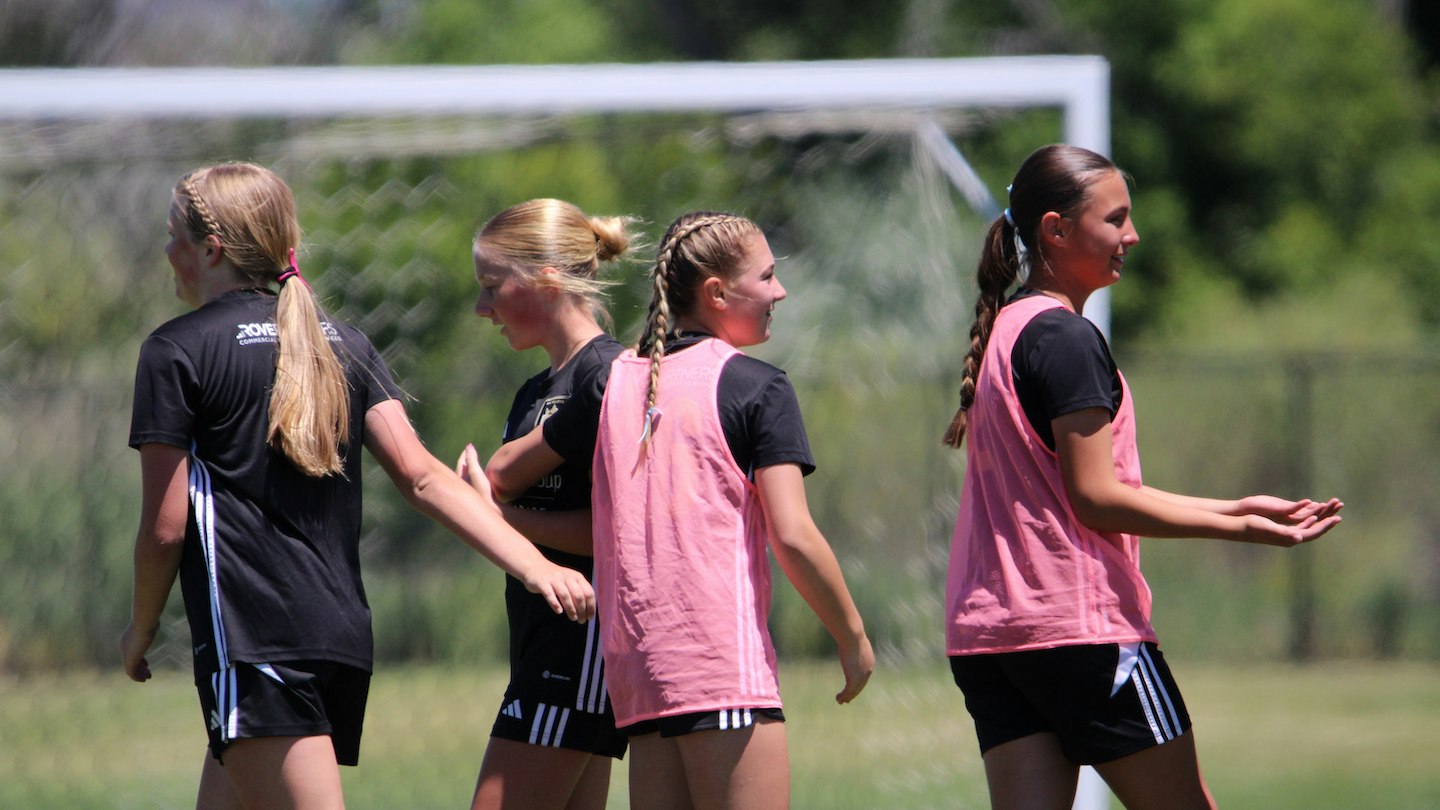
Get Recruited Faster with a Player Profile on SoccerWire.com
Boost Your Recruiting Presence
Starting with the 2026-27 season, the U.S. Soccer Federation will provide youth soccer governing bodies with flexibility in determining their player registration and age group formats.
There has been ongoing discussions between U.S. Soccer and some of its key members – such as US Youth Soccer, US Club Soccer, AYSO and others – in determining which registration format is most effective. While the change from School Year (Aug. 1 – July 31) format to Birth Year (Jan 1 – Dec. 31) format was made back in 2017, there has been a recent push by many members to change back again over to School Year.
Instead of choosing one or the other, U.S. Soccer has announced plans to allow governing bodies to create their own plans. See below for the full announcement from U.S. Soccer, outlining the new path forward for how youth soccer age groups will be structured in the future.
U.S. Soccer and our members are committed to growing participation and providing the best experiences to participants at all levels. U.S. Soccer has a number of initiatives focused on supporting the growth of soccer in America, and is constantly listening and learning on how to best support those bringing soccer to life all across the country.
We’ve gotten very clear feedback: members need the flexibility to organize their player registration calendar based on what will best support soccer in their environment and communities. U.S. Soccer members want more kids to experience the joy of soccer — and to offer the optimal opportunity for each player’s desired development.
Starting in the fall of 2026, members and leagues will have reasonable flexibility to choose the best registration option for their participants.
U.S. Soccer conducted a survey with members, leagues, and clubs, while also gathering formal feedback from the broader ecosystem. We received over 15,000 responses from members, leagues, clubs, coaches, families, and participants. A special thank you to US Club, USYS, AYSO, SAY Soccer, the State Associations, Girls Academy, MLS, USL, NWSL, and USSSA for helping us understand the context of these responses and demonstrating commitment to work together on the next steps. Key insights from the assessment are outlined below.
• Ecosystem segment (recreation, competitive, pre-professional) and local considerations should drive player registration timing considerations (e.g., birth year, school year).
• It’s not practical or optimal to choose one registration choice for the entire ecosystem given these considerations, particularly as we aim to expand the growth and success of the game in every community across the country.
• There is recognition that there are many leagues and clubs at the recreational level who currently organize around the school year – which could mean August 1 or September 1. Organizing around school year should be a local market / member decision.
• 41% prefer birth year (1/1-12/31), 47% prefer school year (8/1-7/31 or 9/1-8/31), 12% other of those who prefer birth year, change management concerns were a key reason why
o Key drivers supporting preferred choice: social benefits, participation & retention, team formation, and managing physical advantages
• Over 60% of respondents say that they have some players adversely impacted by being in different school grades
• 82% of respondents indicated they were not immediately ready for a change in the upcoming
season, many highlighting that they would need to work with their registration tech platform to prepare
• Top desired areas of support from U.S. Soccer are (1) change management guidance and (2) best practices
U.S. Soccer’s Board of Directors and staff reviewed these insights and have recommended the following next steps aimed at empowering organizers of soccer and benefitting players of all levels.
• Members and leagues will have reasonable flexibility to choose between birth year or school year for the 2026-2027 season. We are conducting a thorough review of considerations and best practices to equip members, leagues, and clubs with making the right registration choice for the 2026-2027 season. This includes understanding more about the implications between various school year start dates (e.g., 8/1 vs. 9/1) and how to resolve instances where teams organized with different registration calendars want to
compete.
• No change for the 2025-2026 season. There should be no registration change for the 2025-2026 season. This allows organizations transitioning to school year calendars to prepare their operations and provide the best experience for all participants. The recommendation is based on overwhelming feedback from the engagement process.
• U.S. Soccer will formally approve the implementation process in the coming weeks following feedback from members and stakeholders on a draft version of the plan. We anticipate these next steps will conclude by the 2025 AGM (2/27/2025-3/2/2025) and be communicated to the ecosystem immediately after.
• U.S. Soccer will build resources and tools to support members.
This assessment acknowledges the complexities of our ecosystem and demonstrates decision-making collaboration with our members, leagues, clubs, and the broader soccer community. We sincerely appreciate your commitment to shaping this path forward and feel energized about our sport’s exciting future.
For questions or feedback, please contact [email protected]. We are working quickly to get you the implementation details and support to make this a smooth process.
U.S. Soccer is reviewing youth soccer age group formats.
View this year’s US Youth Soccer award winners.
The event will feature eight ECNL Boys clubs.
Top players competing at the GA Winter Showcase.
Recap from the ECNL Girls National Selection Game.
View the Boys High School Postseason Top 25.
Join the SoccerWire College Soccer Recruiting Search Engine and learn how to be seen OVER 1 MILLION TIMES PER YEAR.
Join the SoccerWire College Soccer Recruiting Search Engine and learn how to be seen OVER 1 MILLION TIMES PER YEAR.
This site uses cookies to give you the best possible experience but do not collect personal information. By continuing to use the site you agree that we can save cookies on your device. For more information, please read our privacy policy.

